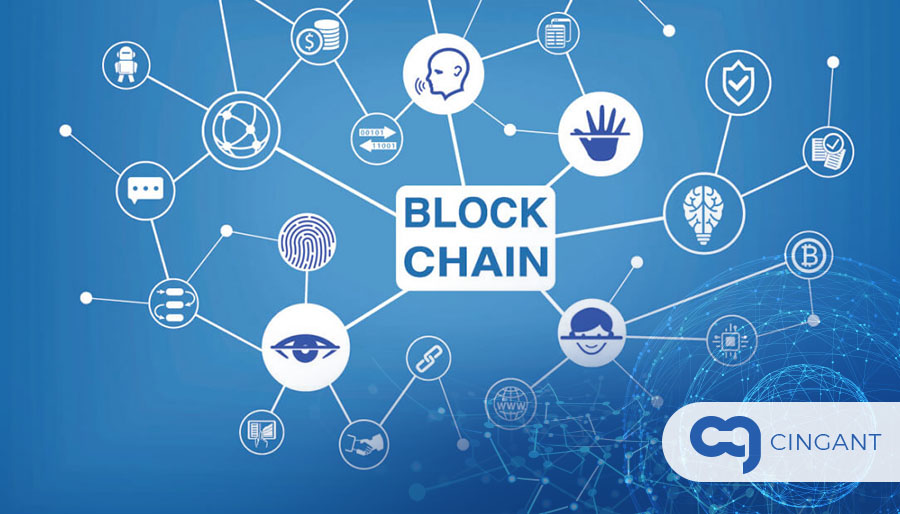How blockchain technology will reinforce trust in digital transaction


Of late, people have started questioning everything that happens on the internet. In the absence of adequate control on the information available online the growing distrust required a solution which is amply offered by blockchain. This term is yet not familiar with most people and has not gained popularity like the Internet of Things or cloud. It’s not something you can see or touch, but it certainly is a very viable answer to the lack of accountability on what is made available on internet, and even on the most trusted websites like Wikipedia.
As we become more dependent on internet, our core activities get like banking, shopping, and a host of other day to day activities are done online. Even the government administration is operated through internet. Whether we use the services directly or through applications, we not only give away our personal information, but also send and receive huge amount of information regarding our likes, preferences and the way we behave in different situations.
Blockchain can be explained as a historical fabric lying beneath all the activities happening online that records every single digital transaction from exchange of private data to goods and services, or anything else--- exactly the way it happens. The data or information so created is carved into non-modifiable encrypted blocks and distributes the pieces all over the worldwide network.
Each blockchain contains a shared list of records and these records are called blocks that. These blocks or encrypted records store in them the history of every block that preceded it. The transaction data stored is timestamped down to every second. These blocks are chained together, and are hence called blockchain.
We can say blockchainhelps build digital trust because of its private key cryptography that offers the users an authentication tool that satisfies all the requirements of authentication. With a private key a user is the owner of the information they create. It is a powerful tool in a way that it does not require the user to give away more personal information than they would usually need for an exchange, which greatly reduces the risk from hackers.
A blockchain has two main components: a decentralized network that facilitates and verifies transactions and an irreversible ledger maintained by the network. The shared transaction ledger can be viewed by everyone in the network. However, there are no loop holes to allow hacking of digital assets or corruption of files. This decentralized format prevents the control of any particular organization or body over the data such as banks, social media platforms or such engines like Google. There are no third-parties involved serving as gatekeepers, here. The powerful blockchain distributed ledger technology finds implementation across a transactions and digital record of every kind. This is the reason one can see more and more industries opting for this technology.
Blockchains are used by the businesses to execute complex business deals, automated exchanges of data, and legal agreements. Big businesses like Microsoft and IBM are utilizing their cloud infrastructure to develop custom blockchains for their clients and also experiment in their own operations. While the tech giants are always the drivers of innovation, startups have also realized the benefit of blockchain and are using the technology in things like making global payments, tracking the sale of precious and highly valuable items like diamonds or operating in the legal marijuana industry.
The blockchain technology is finding acceptance because of its vast potential that allows users to put anything on blockchain related to digital assets and transactions.